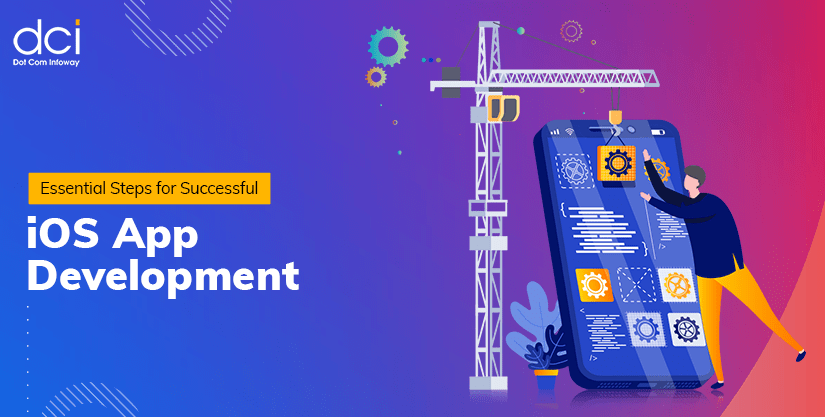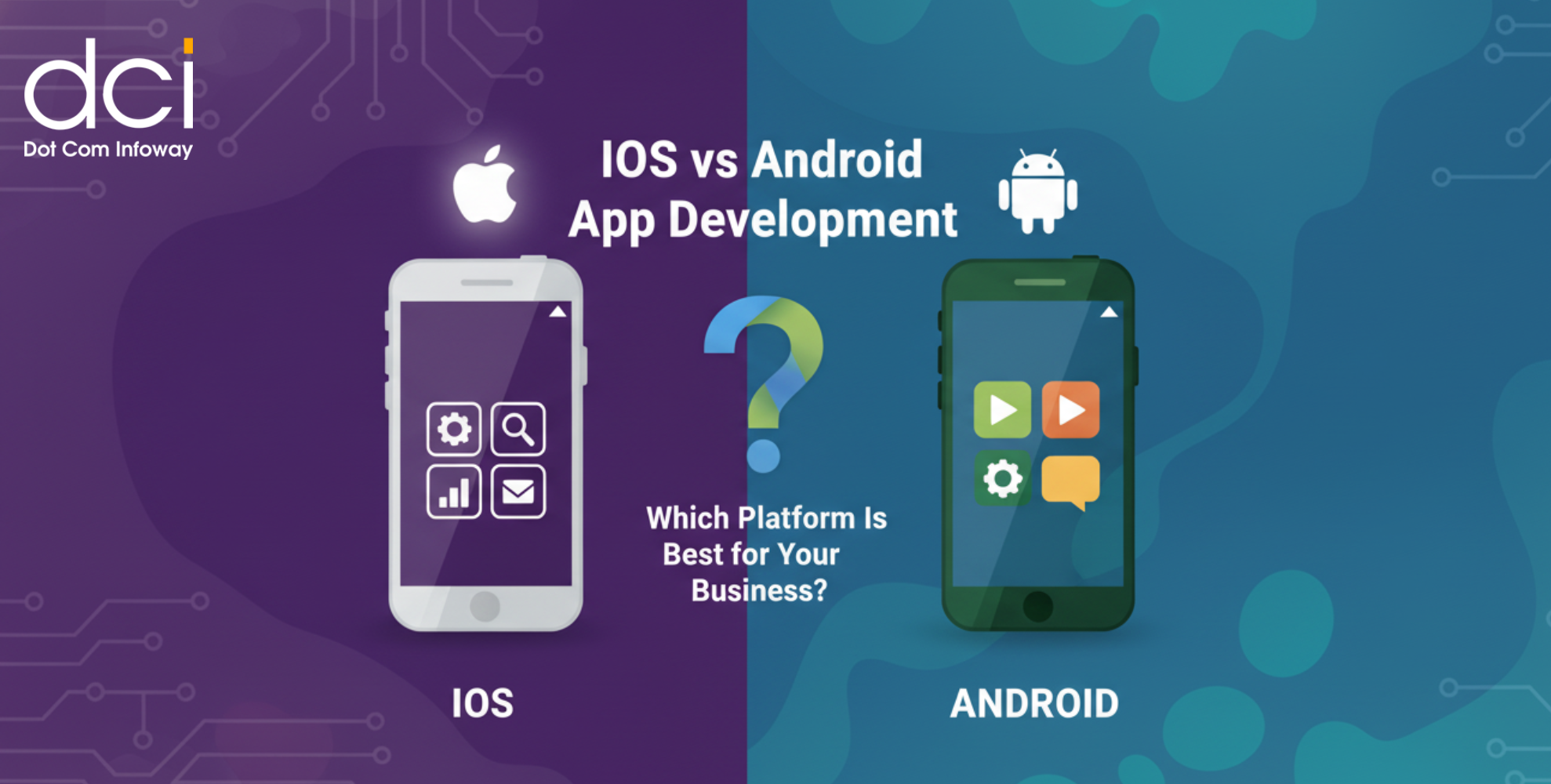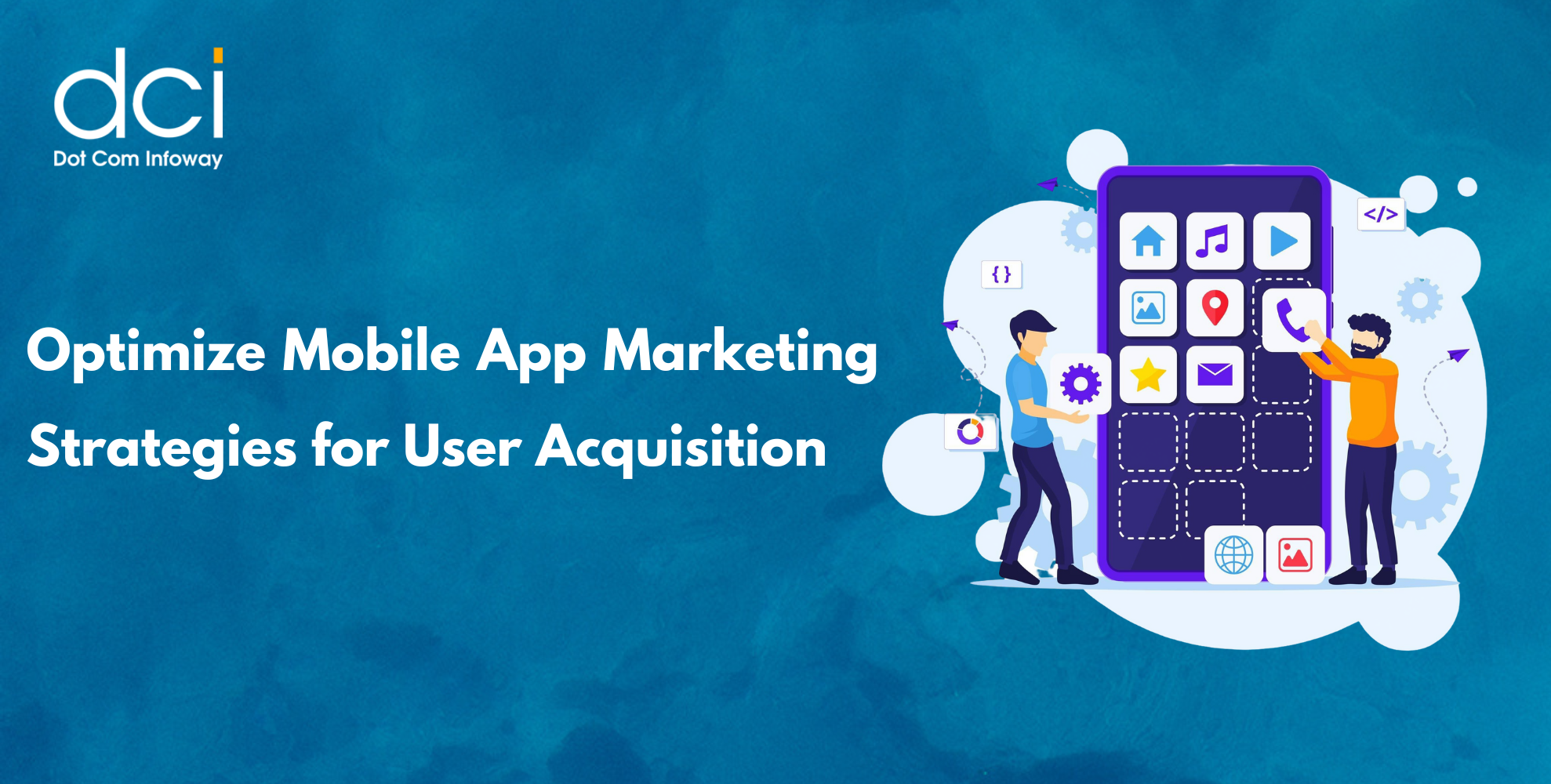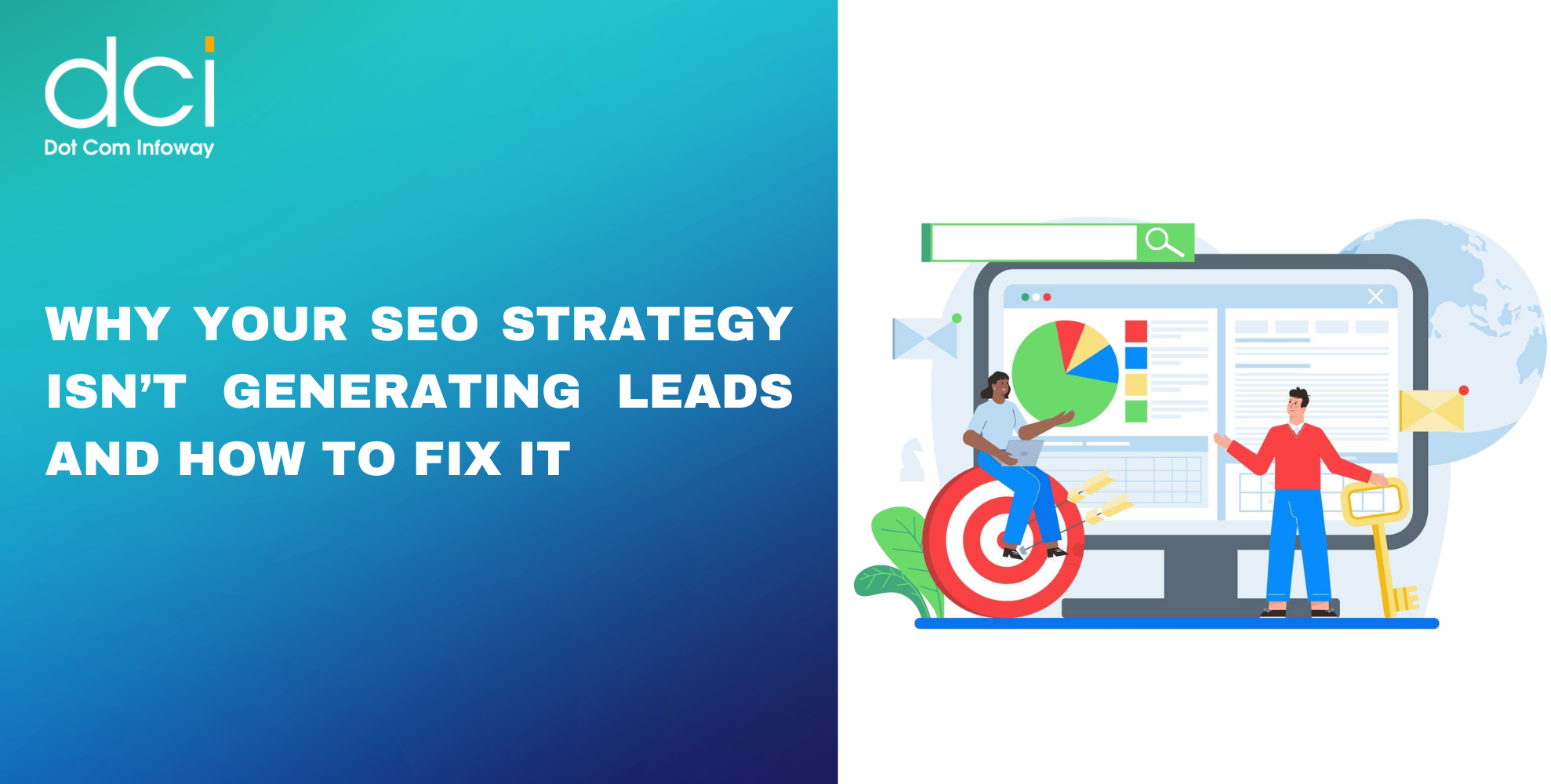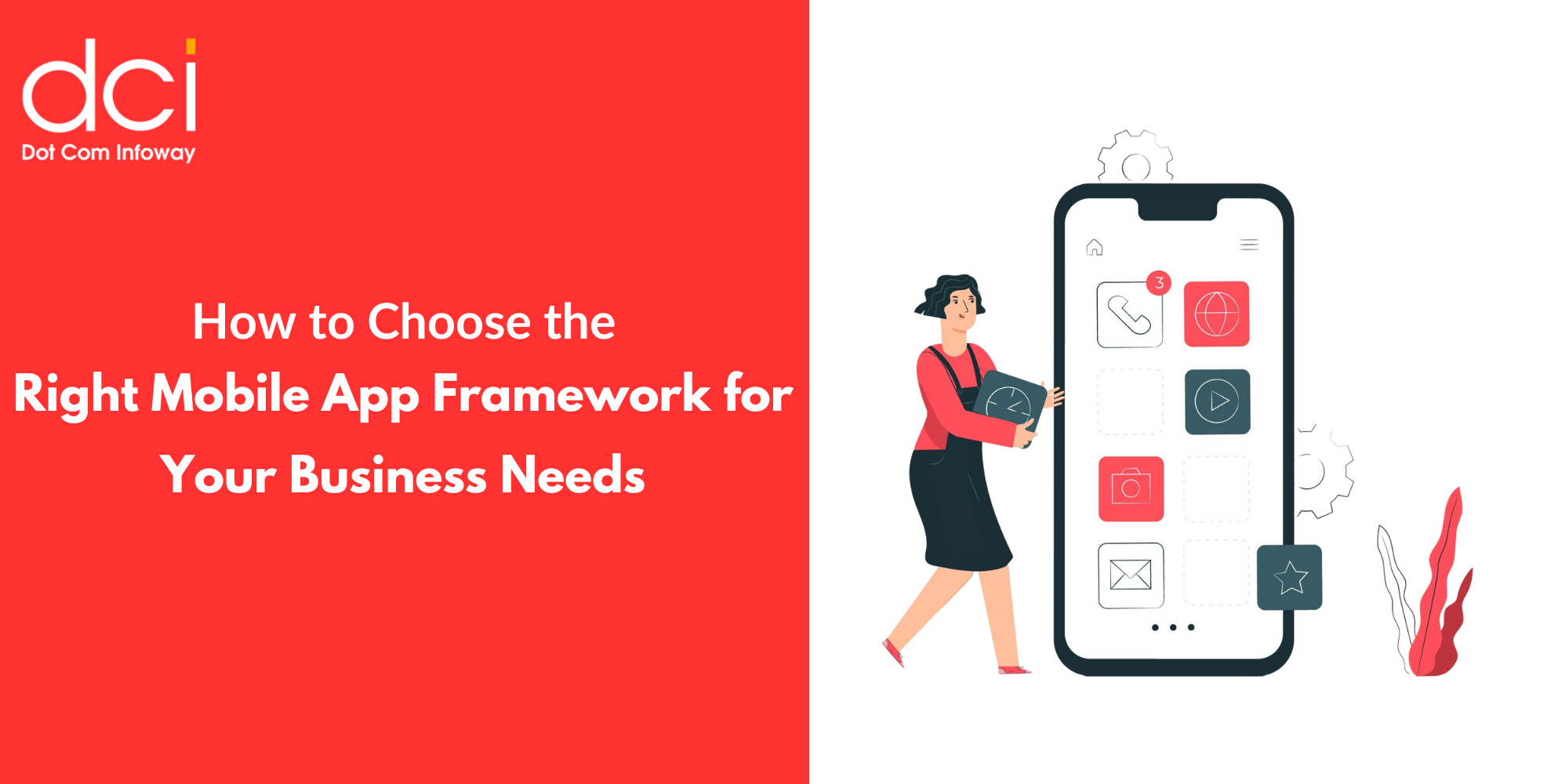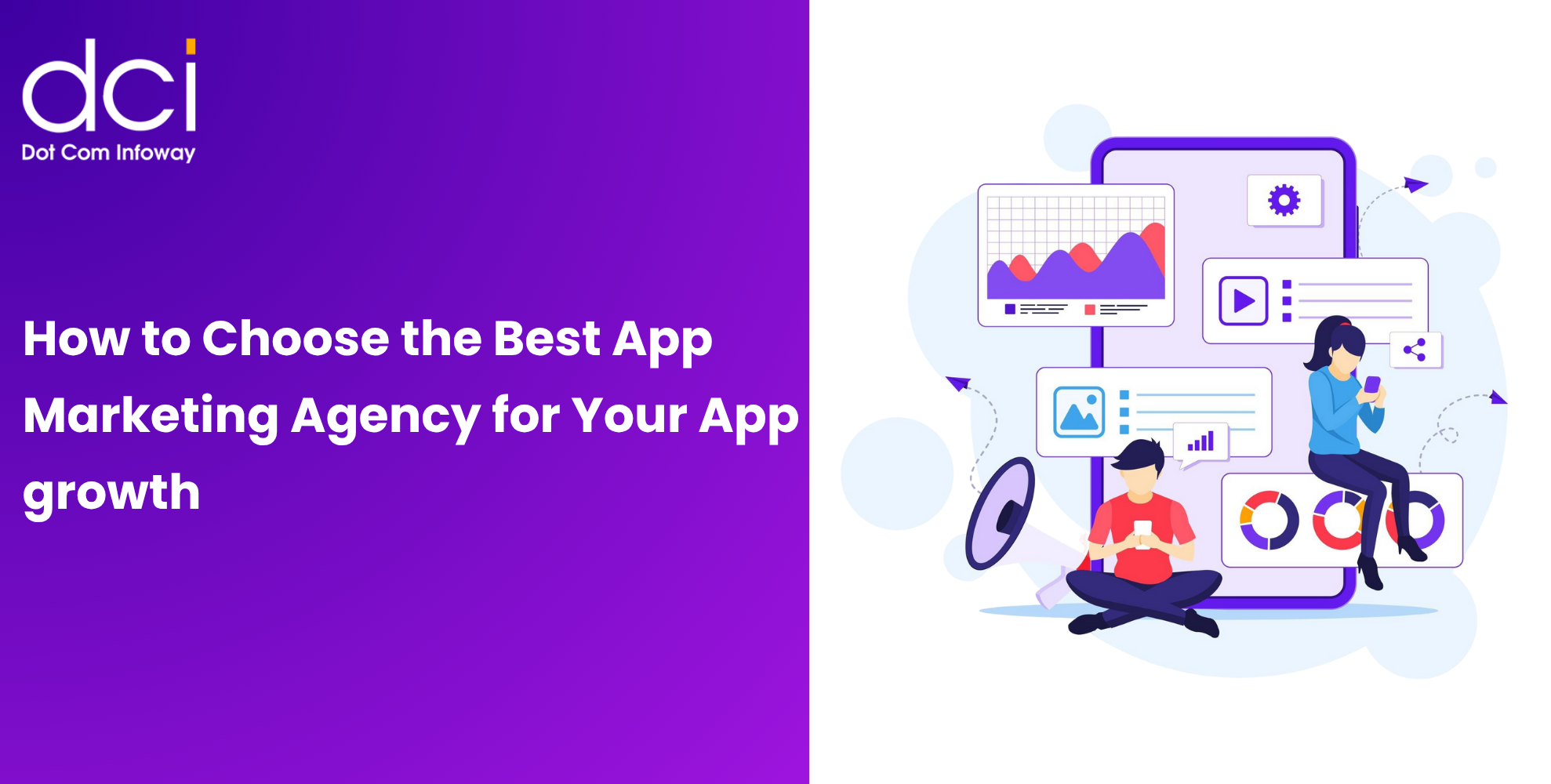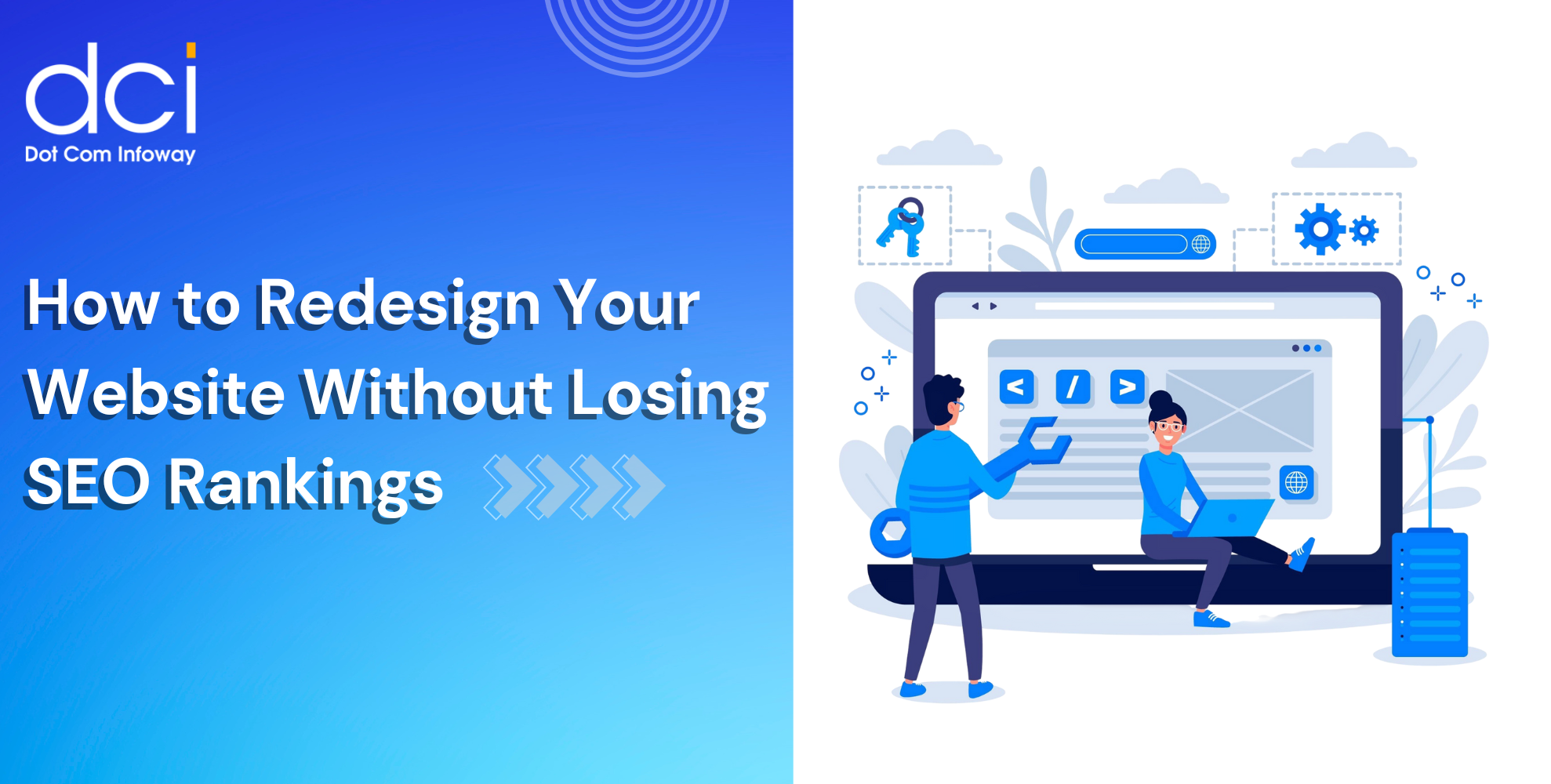Mobile App marketing is a great way to generate new users, create buzz for your application, and improve revenue. While you may know the end goal, what happens in between is often not so clear. It is for this reason that we’ve rounded up some very important FAQs. Take a look at the most pressing questions asked about mobile application marketing below:
Top 20 Frequently Asked Questions on Mobile Application Marketing
8 mins read
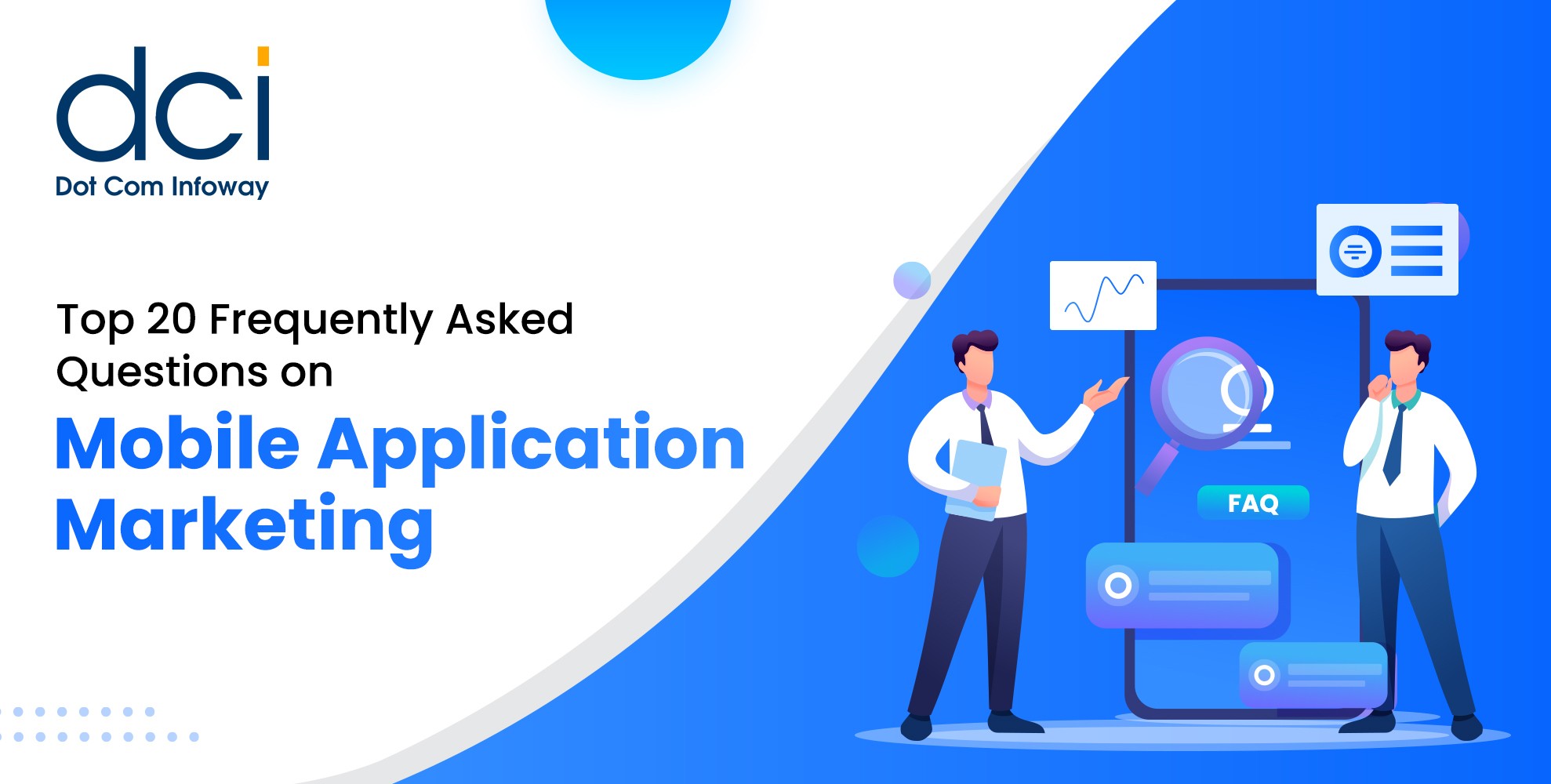
App Marketing during the Development Phase:
1. What SDKS are required to be integrated during the development phase?
During the development phase, you need Google Analytics 4 and Firebase. Both these tools are necessary because they enable you to measure engagement by tracking various interaction events for your application. We also suggest integrating Facebook SDK to track installs from Meta ads.
2. What are the best practices for implementing user feedback in the development phase?
We strongly recommend beta testing, which entails releasing a product to a sample group for experimentation. You should also perform surveys that enable you to iteratively enhance critical features and sort out bugs.
3. How do I determine the right pricing model for my app?
There are three important factors to consider when determining whether you should go with a subscription or freemium-based model. This includes the preferences of your target users, your app’s unique value proposition, and competitor analysis.
4. What monetization strategies are most effective for mobile apps today?
In-app advertising is a popular route to consider for your application. You could also create a freemium monetization strategy fueled by in-app purchases or generate revenue through subscriptions.
5. How do I prioritize features based on user needs during development?
In order to get in the mind of the user, you need to collect user feedback. You can also get this information through market research and by analyzing your competitor’s tactics.
App Marketing During the Launch Phase:
6. What are on-page ASO and off-page ASO, and how do they differ?
On-page ASO entails optimizing metadata like keywords, descriptions and titles on listing pages on your app store. Meanwhile, off-page ASO is about optimizing third-party sources and external elements such as reviews and backlinks.
7. How can I create buzz for my app launch effectively?
Pre-launch registrations and influencer marketing are great ways to generate attention for your new application. Also just as effective are tactics such as influencer marketing, use teaser campaigns, and social media contests.
8. How do I leverage social media for a successful app launch?
Social media is a very powerful app marketing platform. In order to make your app launch more successful with this strategy, you need to run targeted ad campaigns. It’s also prudent to collaborate with industry-relevant influencers and consistently create engaging content.
9. What marketing strategies are best suited for my app’s target audience?
First of all, it’s important to conduct market research to understand your audience’s preferences. Then you can execute platform-specific strategies and also turn to demographic-focused ads which can help you go viral.
10. What metrics should I track immediately after launch to gauge success?
Downloads and app store rankings are some of the first things you need to track to understand how users are receiving your app. You also need to track in-app engagement metrics and retention rates so you can make improvements that encourage user loyalty.

Need Help with Your Mobile App Marketing?
Talk to our experts. We are an award-winning marketing agency with 10+ years of experience in promoting mobile apps.
App Promotion Questions:
11. How can influencer marketing enhance my app’s visibility?
An influencer is a trusted personality in your niche with a huge following. They can help spread the word about your application, and encourage downloads and engagement with authentic endorsements geared toward target users.
12. What are the best platforms to promote my app effectively?
If you want to get more downloads from search traffic, consider using Google ads. You can also find great success through TikTok, Instagram, and Facebook ads. That said, it’s also essential to prioritize industry-specific platforms for your app marketing campaign.
13. How can I use attribution tools to measure the effectiveness of my marketing campaigns?
Attribution tools such as AppsFlyer and Adjust help track the quality of users acquired from various sources. These app marketing tools provide valuable insights into user behavior, enabling you to refine your marketing strategies for better results. By leveraging solutions like Adjust and AppsFlyer, you can uncover actionable data to optimize your campaigns effectively.
14. What key performance indicators or KPIs should I focus on for my app promotion?
KPIs that you should track include the average lifetime value or LTV of your users, your user retention rates, cost per install or CPI, and also install volume, among others.
15. How can I optimize my ad campaigns for better performance and ROI?
A/B testing is a great strategy for improving ROI and ad effectiveness. You should also examine campaign data to adjust bids and creatives and refine your audience targeting tactics.
User Engagement and Retention Questions:
16. How can I use Firebase to enhance user engagement in my app?
Firebase offers a ton of functionalities like in-app messaging and push notifications that you can rely on to trigger users to open and spend time in your app. It also offers user analytics to help you personalize and enrich user experiences.
17. What is the optimal number of push messages to send per day without overwhelming users?
The right sweet spot is between 1 and 2. This figure helps you to avoid user fatigue, but it also ensures that your app stays at the top of the mind of your users.
18. How can analytics help me understand user behavior within my app?
Analytics allow you to understand engagement patterns, user journeys, and drop-off points. With this information, you can make data-driven improvements that improve your app’s success.
19. How can I address uninstalls and strategies to make them reinstall our app?
You’ll need to address negative feedback and make improvements. To get users back, you should also focus on retargeting campaigns and incentivizing reinstallation.
20.How do organic installs compare to paid installs in terms of user quality and retention?
Paid installs get you a lot of new users fast, but retention tends to be comparatively lower. Organic installs meanwhile tend to deliver more engaged, higher quality, and long-term users.
Got any more questions? We have answers
App marketing can improve the success of your application, getting you better engagement, more downloads, and app revenue. But in order for that to happen, your campaigns need to be done strategically, right from the pre to post-launch stages. If you need assistance with your app marketing campaign or have any more questions, contact Dot Com Infoway today.
Related Articles:
- Mobile App Marketing: KPIs & Metrics for Maximizing Your App Revenue
- Guide to Pre and Post Launch Mobile App Marketing Pitfalls to Avoid
- 7 Dos and Don’ts of Mobile App Marketing [Infographic]
- What is Mobile App Marketing? A Step-by-Step Guide
- Is It Always Smarter to Hire a Mobile App Marketing Agency Instead of Doing It Yourself
Latest Posts
Get the latest insights from Dot Com Infoway straight to your inbox.





![The Game Marketing Guide: Pre and Post-Launch Strategies [Infographic]](https://www.dotcominfoway.com/wp-content/uploads/2023/09/DCI-Game-Marketing-blog-1.jpg)
